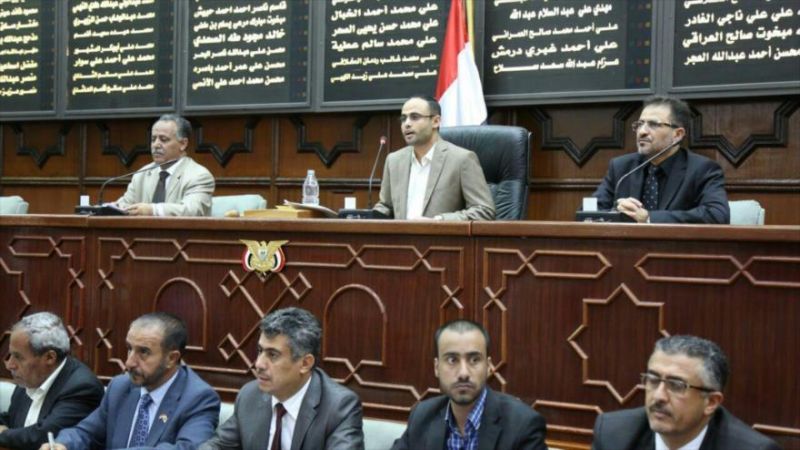
Local Editor
A senior Houthi official says Yemen will liberate the country's south from the grip of separatists and aggressors led by Saudi Arabia and the United Arab Emirates.
Mahdi al-Mashat, the head of the country’s Supreme Political Council (SPC), made the remarks in a statement on the occasion of the 55th anniversary of the country’s independence from Britain.
He likened the situation in the area to the one that existed under the colonial era, urging its liberation, Yemen’s al-Masirah television network reported on Thursday.
Separatists in southern Yemen, backed by the United Arab Emirates, have called for secession of the restive port city of Aden and other southern provinces, controlled by officials of the country’s former Saudi Arabia-allied government.
The separatists want to revive the former South Yemen republic, which merged with the north in 1990. Aden, Yemen’s second largest city, used to be the capital of the once independent South Yemen.
The UAE has played a key role in a Saudi military campaign, which was launched in March 2015 with the aim of reinstalling the government of former president Abd Rabbuh Mansur Hadi.
Yemen has no effective government for now, and the state affairs are now being run by Ansarullah, which also defends the country against the aggressors.
Prior to the Saudi aggression, Hadi resigned and fled to Riyadh. The Saudi regime and its allies later managed to seize Aden from the Houthis and put it under the control of the ex-president’s officials.
Mashat said the Yemeni republic did not have any envoys at the United Nations, saying those alleging to be the country’s ambassadors at the UN were not representing Yemen.
However, the Houthi movement respects all efforts to resolve the country’s crisis, he added.
The official urged reconciliation based on mutual respect and demanded serious endeavors towards finding a clear and logical solution aimed at bringing different sides to the conflict back to the negotiating table.
The UN peace envoy Martin Griffiths has been trying to help re-launch the talks in Sweden. The negotiations have fallen apart on several occasions over the past years due to Saudi Arabia's constant violation of provisional ceasefires.
The Saudi war has killed thousands of people, while thousands others have died of the malnutrition resulting from a concomitant crisis.
Source: News Agencies, Edited by Website Team